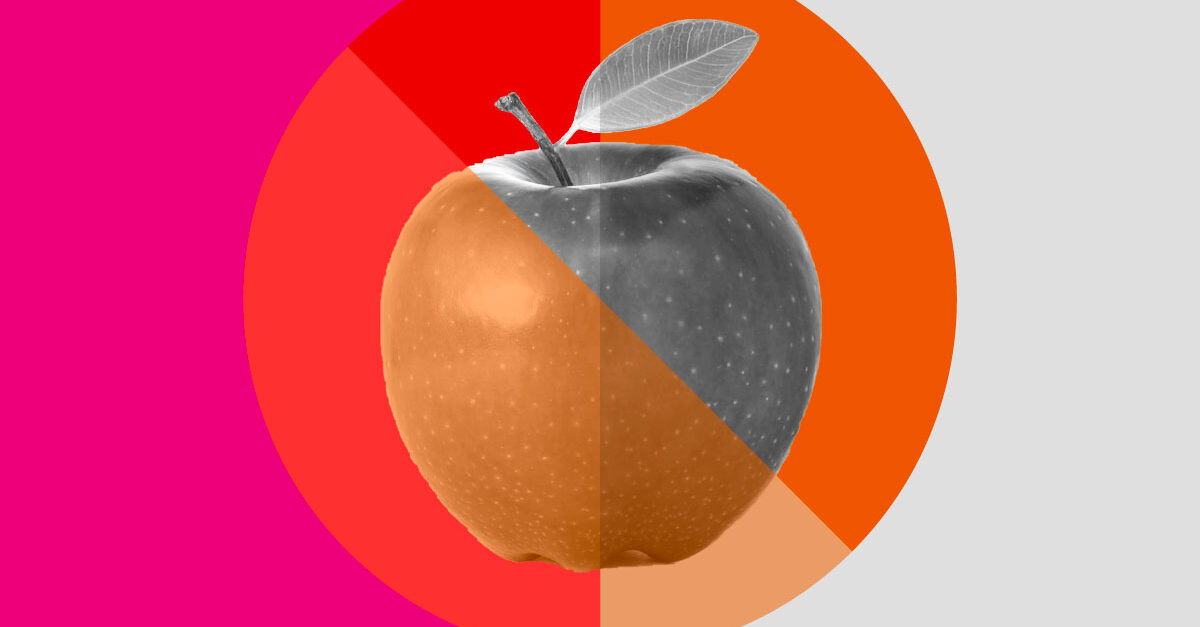Did you know that Earth Overshoot Day fell on July 28 this year? That’s the date when humanity has used all the biological resources that Earth can regenerate in a given year. And, it’s getting earlier and earlier each year! At our current rate, we would need about 1.75 planets to provide enough resources to sustain our global consumption habits.
SDG 12 challenges us to work together to ensure sustainable consumption and production patterns. Food is a big part of that, including accounting for food that is lost, wasted, or produced unsustainably.
That’s why the work colleges and institutes do in sustainable food and agricultural innovation is so important! For example:
- At Lambton College, the Board of Governors Certificate in Sustainable Food is designed to help students explore the practices, principles, and philosophies involved in local food system development and sustainable farming though applied learning, online networking and community research practices.
- At Assiniboine Community College, the Sustainable Food Systems program gives students the opportunity to work closely with instructors, train inside the 3,300 square foot sustainable greenhouse, research different greenhouse models, and explore how to improve food security in their local communities.
- Cégep de Victoriaville’s National Institute of Organic Agriculture (Institut national d’agriculture biologique) is the largest organic agriculture training and research centre in Canada! The institute is also home to CETAB+, the Centre for Excellence in Local and Organic Agriculture, and CISA, the Centre for Social Innovation in Agriculture.
- Kwantlen Polytechnic University is home to the Institute for Sustainable Food Systems, a multidisciplinary applied research centre that empowers communities to help shape food systems that nurture health and well-being and sustain thriving ecosystems.
- KPU’s Bachelor of Applied Science in Sustainable Agriculture also introduces students to careers that contribute to sustainable food systems.
- Yukon University’s Food Security and Sustainability course gives students an introduction to the complexity of food production with a focus on Northern food systems and sustainability. Students learn about the affects of climate change, the determinants of food security, and explore case studies from Alaska and Circumpolar North on local food production techniques.
- At Cégep Heritage College, Food, Justice, and a Healthy Future for All is a hands-on cross-disciplinary course that gives students the opportunity to explore a variety of pathways toward a more sustainable future, including climate-smart agriculture, food justice, planetary health diets, and Indigenous food sovereignty.
- Vancouver Community College collaborates with local farmers, fishers, and food processors through the Feed BC program to emphasize the use of locally sourced food for educational purposes.
- Students in VCC’s culinary programs use British-Columbia-grown-and-prepared food options which help support local agriculture and enhance food security and sustainability on campus and in the community.
- Seneca College’s Sustainable Local Food certificate program (delivered online) takes a systems approach to sustainable food and farming. Students explore regional food initiatives across Canada, as well as international best practices, and apply their theoretical learning in practical ways.
- Olds College’s brand-new Bachelor of Digital Agriculture Degree (set to launch for fall 2023) is one of three new program launching through the college’s Werklund School of Agriculture Technology. Students will engage in real-world problems and explore digital solutions to transform agriculture for a better world!
- At Collège d’Alma, Agricultural Business Management and Technology (Gestion et technologies d’entreprise agricole) prepares students to develop their own business ideas in sustainable agriculture. The college also recently partnered up with Nutrinor to integrate sustainable agriculture practices into its curriculum.
- At Durham College, programs taught at the W. Galen Weston Centre for Food follow the field-to-fork concept, which is based on the harvesting, storage, processing, packaging, sale and consumption of food to help eliminate waste and support local. The centre features unique learning environments, including Bistro ’67, a full-service, green-certified teaching restaurant and lounge!
- College of the North Atlantic’s Agriculture Technician Co-op program exposes students sustainable agriculture with a focus on balancing market demands for farm products with socioeconomic factors like cost of production, taxation, land usage, and potential environmental impacts.
- At Great Plains College, the course in Sustainable Plant and Soil Management introduces students to agricultural systems, with a focus on sustainability in a changing environment. This course is offered in partnerships with University of Regina and University of Saskatchewan.
Sustainable food and agriculture is a big part of ensuring that we live and produce within the earth’s means. That includes reflecting on how we, as individuals, can consume more responsibly, prevent food waste, and support community-oriented farming to help lower humanity’s ecological footprint!

